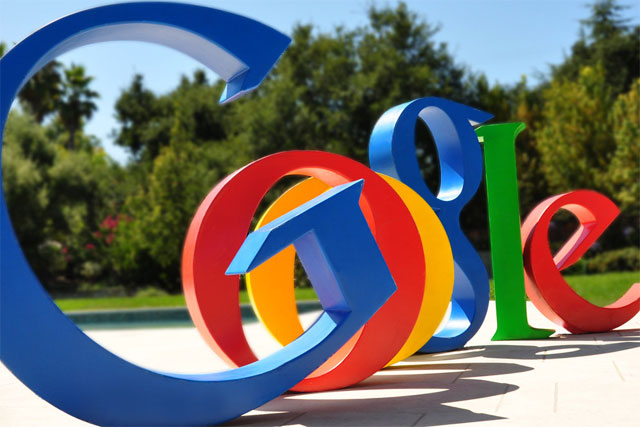
Elliott's prediction was delivered as part of his presentation on 'The Database of Affinity' at Forrester's EMEA Marketing forum in London last week.
What is the database of affinity? It's a catalogue of people’s tastes and preferences collected by observing their social behaviours. In other words their Likes, Shares, friendships, memberships, activity etc. as tracked by social media. And it’s going to revolutionise brand advertising says Elliott.
Enter Facebook and Google, both businesses are battling for those brand advertising dollars, but only Google is poised to win at "affinity marketing".
To successfully market with affinity data – and Elliott’s theory paints a compelling argument brand advertising will go this way – three things are needed: data sets from across the social world; the ability to analyse and bring meaning to that data, and ad formats that can create brand impact.
Facebook apparently fails at all three. While Facebook looks like they collect more affinity data than anyone else with those ubiquitous "Likes", Google actually collects a broader range of data; search, PPC, email, YouTube, blog posts, comments, forums, Twitter and now Google+. Google’s entire algorithm is set up to collate affinity data from multiple sources.
Which brings us to Google’s next strength, creating context from that data.
Elliott said: "For 15 years, the [Google] page rank algorithm has sifted through billions of data points to figure out exactly what information people might want to see at any given moment in time – and they’re good at this."
By comparison, Facebook is a relative infant at this and are very much still experimenting with what works when it comes to optimising what content is presented and promoted to the user.
And on that final point of promotion, Google’s ad units beat Facebook's hands down. Facebook's offering is unwieldy and downright ugly text and static-image ad units, while Google has a sophisticated product in AdWords and, through YouTube, video ad inventory to offer rich media advertising to brands.
What does all this mean? Firstly, it's time now for brands to stop wasting time, and money, using Facebook advertising as a serious part of their display strategy.
Secondly, and this is where it really counts, the imperative is clear – the biggest value from social media is not what you do on social media, but the social or "affinity" data you collect to make marketing better.
If you looked at things that way, would it change the way you valued social media? I’m betting it would.
Paul Armstrong is founder of


.jpg)


.jpg)